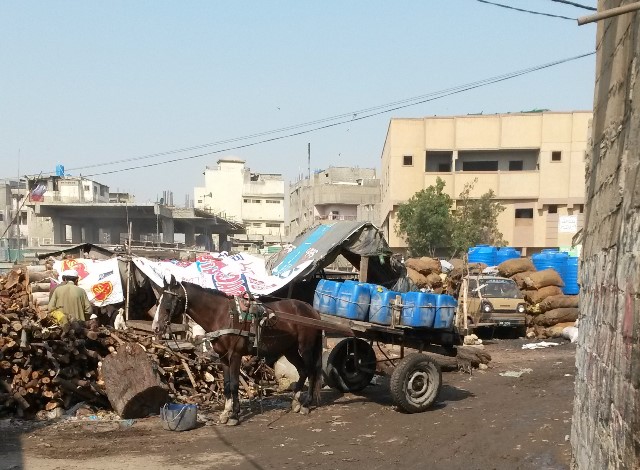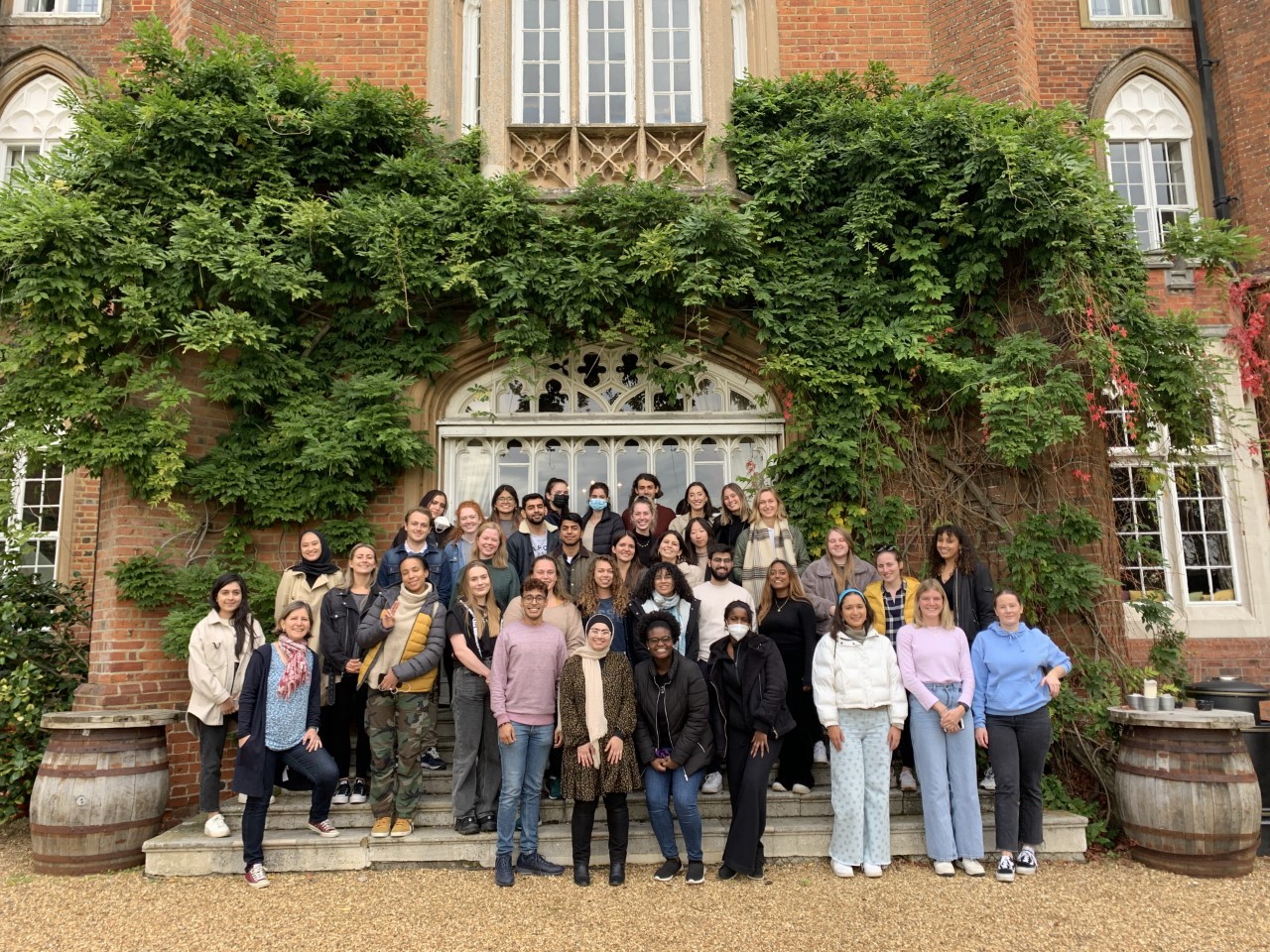Jean-Paul Faguet
Reader in the Political Economy of Development, LSE
The following text is taken from the jobs and development blog at jobs knowledge.org. The full article and video interview with Dr Faguet can be seen here.
Over the past 40 years, decentralization – that is, central governments devolving authority and resources to democratically elected sub-national governments – has been taking hold, to varying degrees, all over the world. It’s considered a reform that holds the potential to improve the quality of governance. How has it performed in practice? We recently spoke with Jean-Paul Faguet – a Reader in the Political Economy of Development, London School of Economics, and Chair of the Decentralization Task Force of the Initiative for Policy Dialogue at Columbia University – about how Bolivia fared in its big bang experiment with decentralization in the mid-1990s. He says that Bolivia’s overall results were quite impressive, especially for the poor. As for how decentralization (or fiscal federalism) interacts with industrial policy, he believes that such an incentive-compatible way of limiting the power of the State and the discretion of senior politicians helps boost the odds of an industrial policy succeeding.
Watch the interview here.






